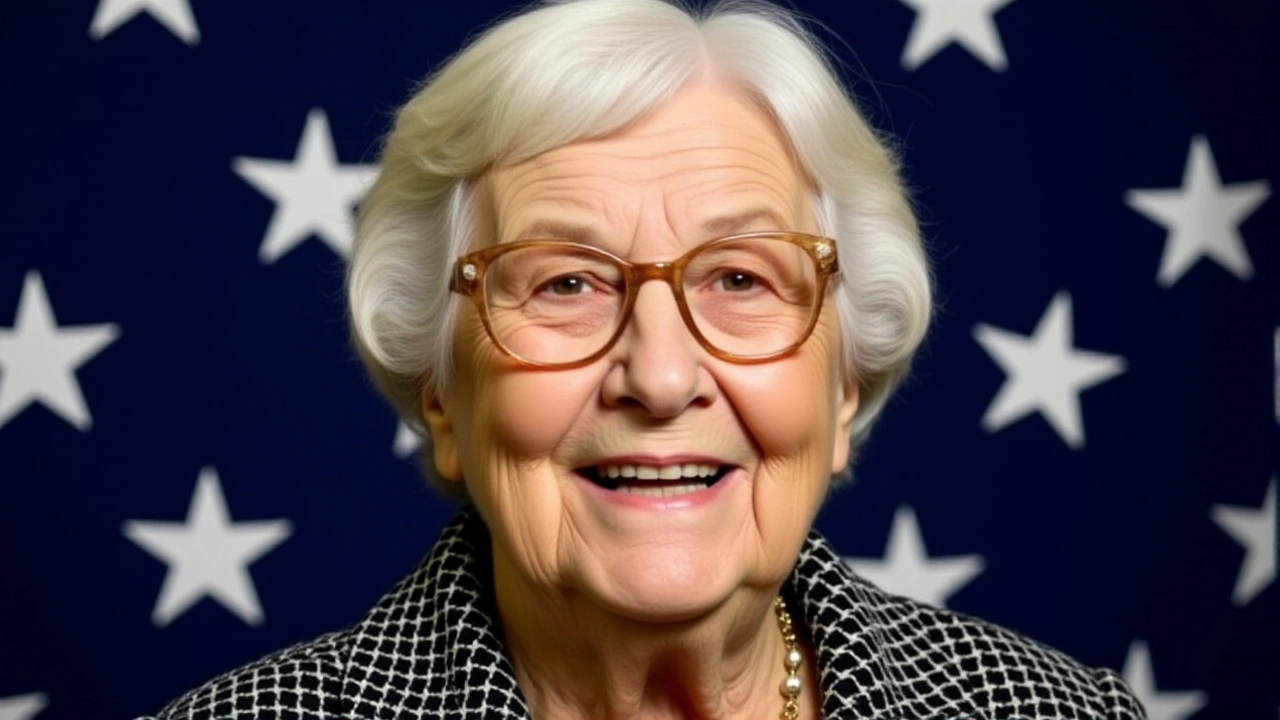When Harper Lee passed away on February 19, 2016, the nation collectively inhaled a sigh of loss that still lingers in libraries and classrooms worldwide. The beloved author, whose 1960 debut To Kill a Mockingbird release still sells over 40 million copies, left behind a modest bibliography but an outsized cultural imprint. Fast‑forward to July 14, 2015, when Go Set a Watchman publication hit shelves, and then to October 21, 2025, when a posthumous collection titled The Land of Sweet Forever is slated for release – the story of Lee’s legacy reads like a literary sequel in itself.
Early Life and Influences
Born on April 28, 1926, in Monroeville, Alabama, Lee was the youngest of four children of Amasa Coleman Lee, a lawyer‑legislator, and Frances Cunningham Finch Lee. Amasa’s defense of two Black men accused of murder in the 1930s later informed the moral compass of Atticus Finch, the principled lawyer at the heart of Lee’s novel. As a tomboy with a voracious appetite for reading, she absorbed the cadence of Southern oral tradition, an influence that would later echo through Scout’s narration.
The Birth of ‘To Kill a Mockingbird’
After a year at Huntingdon College and a brief stint at the University of Alabama’s law school – where she quit six months shy of a degree – Lee moved to New York City in 1949. While juggling reservations work for Eastern Air Lines and British Overseas Airways, she penned a handful of essays that never left her drawer. A friend’s financial lifeline let her quit her day job and focus on a manuscript that would become To Kill a Mockingbird. The manuscript landed on the desk of editor Tay Hohoff at J.B. Lippincott Company in 1957. Hohoff’s relentless polishing turned a series of episodic sketches into the seamless narrative that won the 1961 Pulitzer Prize for Fiction.

Awards, Reclusiveness, and Cultural Impact
Lee’s aversion to the spotlight was legendary – she granted fewer than a dozen interviews in her entire life. Yet President George W. Bush awarded her the Presidential Medal of Freedom on November 5, 2007, citing the novel’s enduring contribution to American conscience. “To Kill a Mockingbird has influenced the character of our country for the better,” Bush said, adding that the book would “be read and studied forever.” Critics continue to hail the novel as the best of the twentieth century; the Library Journal’s vote still resonates among scholars.
Posthumous Publications and Ongoing Legacy
The 2015 release of Go Set a Watchman stirred debate. Marketed as a “newly discovered” manuscript, it was in fact an early draft, offering a starkly different portrait of Atticus and a glimpse into Lee’s revision process. Sales jumped to 1.3 million copies in the first week, proving that appetite for Lee’s world remained voracious. Now, the forthcoming The Land of Sweet Forever – a collection of short stories and essays on Alabama history – promises to deepen our understanding of her Southern roots. The Alabama Department of Archives and History already preserves her papers, ensuring scholars can trace the evolution from a teenager’s notebook to a Pulitzer‑winning masterpiece.

What Lies Ahead for Lee’s Work
Beyond the 2025 release, educators are re‑examining the novel’s place in curricula. A 2024 study by the National Endowment for the Humanities found that 78 % of high‑school English teachers still assign the book, but 42 % are pairing it with supplementary texts that address its controversial racial depictions. Meanwhile, adaptation talk is simmering in Hollywood; a rumored limited series aims to portray the novel’s creation rather than its plot, potentially reigniting public conversation about the author’s intent versus modern interpretation.
Frequently Asked Questions
Why does "To Kill a Mockingbird" remain relevant today?
The novel tackles systemic racism, moral courage, and the loss of innocence – themes that echo in today’s social justice movements. Its courtroom drama provides a template for discussing ethics in schools, while Scout’s youthful perspective invites readers to question adult hypocrisy.
What new material will "The Land of Sweet Forever" contain?
The collection gathers ten unpublished short stories, three personal essays on Alabama’s colonial era, and a dozen letters between Lee and Truman Capote. Scholars say the pieces illuminate the regional research that shaped the novel’s setting.
How did Harper Lee’s relationship with Truman Capote influence her work?
Capote, a childhood friend, helped Lee with research for his own nonfiction classic, In Cold Blood. In return, Lee absorbed Capote’s narrative techniques – especially his focus on dialogue – which helped shape the conversational tone of Mockingbird.
What controversies surround the publication of "Go Set a Watchman"?
Critics argue the book was released against Lee’s wishes, exploiting a manuscript she never intended to publish. The novel also portrays Atticus Finch in a more segregationist light, sparking debate over whether the publication alters the cultural hero status he achieved in the earlier novel.
Will there be any new adaptations of Lee’s work?
A limited streaming series is in early development, aiming to dramatize the author’s life and the arduous path to publishing, rather than retelling the novel’s plot. Producers hope the meta‑narrative will attract both longtime fans and a younger audience.
